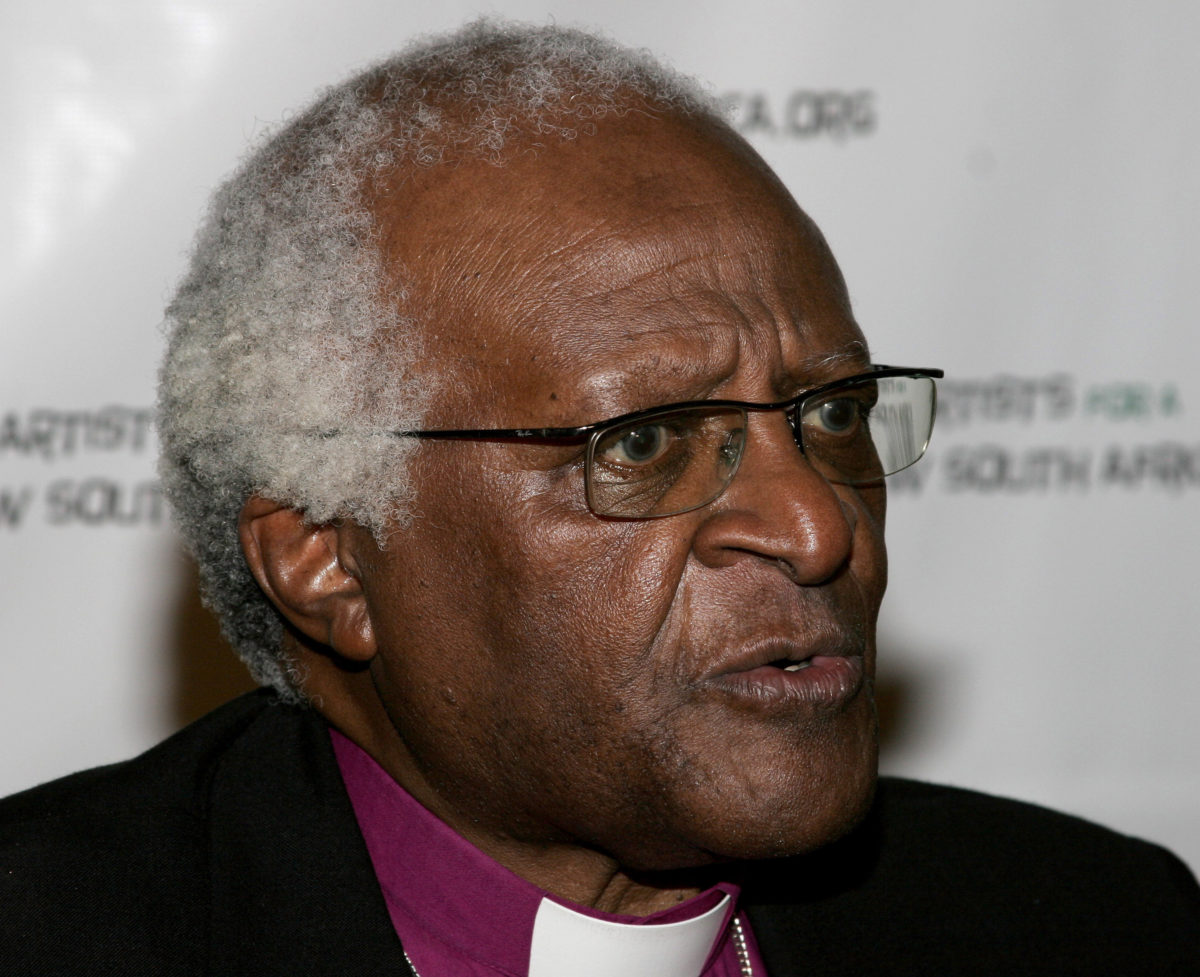The anti-apartheid leader and Anglican archbishop emeritus, Desmond Tutu, died last Sunday in Cape Town, South Africa.
And despite his enormous legacy, he requested a conservative pine coffin and a humble service. In addition, he requested his remains undergo an eco-friendly alternative to traditional creation, known as aquamation.

RELATED: ‘Give Peace a Chance’: Thousands Remember the Incredible Life of Archbishop Desmond Tutu
Tutu’s ashes will be interred at St. George’s Cathedral in Cape Town. But before his remains are laid to rest, they must first undergo a process called aquamation.
Technically, the process is called alkaline hydrolysis. And according to Bio-Response Solutions, an Indiana-based company that specializes in aquamation services, the body undergoes the same process it would as if it were buried in the ground.
Water, alkaline chemicals and heat are used to accelerate the decomposition process that takes place in nature. The body is loaded into a stainless-steel vessel and filled with a mix of 95% water and 5% alkali. The mix is heated to 200-300 degrees Fahrenheit and gently circulates for 6-8 hours.
RELATED: AITA For Allowing My Kid’s To Be At Their Father’s Funeral?
While traditional cremation uses temperatures as high as 1,600 degrees Fahrenheit and takes about two hours. Only the bones are left at the end of both aquamation and cremation, according to the Cremation Association of North America. From there, the bones are broken down further into a fine powder or dust and placed in an urn
In addition to fighting for human rights, Tutu was insistent on defending the planet. The Dean of St. George’s Cathedral Rev. Michael Weeder said Tutu aspired to be an “eco-warrior,” per the BBC.
An announcement from the Desmond and Leah Tutu Legacy Foundation following the archbishop’s death said he “vociferously campaigned for gentler stewardship of the Earth, and against the coming ravages of climate change.”
“Tutu was a living embodiment of faith in action, speaking boldly against racism, injustice, corruption, and oppression, not just in apartheid South Africa but wherever in the world he saw wrongdoing, especially when it impacted the most vulnerable and voiceless in society,” the Desmond Leah Tutu message page stated.
“Officially ‘retiring’ from public life on his 79th birthday, Tutu continued to speak out on a range of ethical and moral issues: illegal arms deals, xenophobia, oppressed people in Palestine, respect for the rule of law, HIV/Aids, Tibet, China, Rohingya Muslims in Myanmar and LGBTQI+ rights. He also vociferously campaigned for gentler stewardship of the Earth, and against the coming ravages of climate change, a very real example of how human survival rests on our ubuntu-spirited ability to cooperate and work together,” the Desmond Leah Tutu message page stated elsewhere.